Funded in part by grants from Arts Council England; the Illinois Arts Council, a state agency; and with support from the University of Illinois at Urbana-Champaign
Please see Acknowledgments on Backmatter for additional information on the support received for this volume
Contents
FROM The Country Where No One Ever Dies
FROM While Sleeping
FROM The Murderer
Zidanes Melancholy
At the Sarajevo Market
And All Turned Moon
Vere
Bulbjerg
Foreign Women
FROM Extinction
Hotel Komaba Eminence (with Haruki Murakami)
Jeremiahs Terrible Tale
The Sky Over Thingvellir
The Orphan and the Mob
Camino
Carlo Doesnt Know How to Read
Ants and Bumblebees
Deep In the Snow
The Allure of the Text
Fourteen Little Gustavs
Resistance
Waves of Stone
Didi
dona malva and senhor jos ferreiro
Three Hundred Cups
Friedmann Space
The Basilica in Lyon
FROM The Prompter
FROM You Do Understand?
Revelation on the Boulevard of Crime
Noir in Five Parts and an Epilogue
Ice Moon
FROM Swimming Home
The Ballad of Ann Bonny
Indigos Mermaid
Preface
Anthologies are ill-fitting thingsone size does not fit all. Its no surprise to find the authors in this volume, collected under the broad banner European, voicing a consistently ornery resistance (with variations): Well, yes, I am European, Slovakian, actually, but I am also an individual, and what really matters to me is Nabokov, Diderot and J. G. Ballard.
Which is as it should be. Good writing cannot permit itself to be contained within checkpoints and borders. But still its tempting for readers to seek a family resemblance and Im not sure were wrong to do so. It seems old fashioned to speak of a Continental or specifically European style, and yet if the title of this book were to be removed and switched with that of an anthology of the American short story, isnt it true that only a fool would be confused as to which was truly which?
Its more than the obvious matter of foreign names and places. Its hard not to notice, for example, a strong tendency towards the metafictional. Characters seem aware of their status as characters, stories complain about the direction theyre heading in, and writers make literary characters of themselvesand of other writers and artists. When the real Christine Montalbetti (France) has breakfast with a notional Haruki Murakami in a Japanese hotel, the fantastic threatens to overwhelm them (leaves were trembling behind the windowpanes, as if they were crouched, dying to pounce) and we know for sure were not in Kansas anymore. Meanwhile Goce Smilevski of Macedonia wants us to believe Gustav Klimts fourteen illegitimate sons were all called Gustav, and Jean-Philippe Toussaintin one of my favourite piecesboldly enters the soul of Zinedine Zidane to reveal the philosophical Weltschmerz hidden deep within that footballer-enigma.
What else? An epigraphic, disjointed structure. Many of these already short stories are cut into shorter, sub-titled sections, like verbal snapshots laid randomly on top of each otherand they end abruptly. They seem to come from a different family than those long anecdotes ending in epiphany, popularized by O. Henry. And their authors name different progenitors, too. Certainly no one mentions O. Henry. Or Hemingway. Laurels are offered instead to the likes of John Barth and Donald Barthelme. Meanwhile poor Dickens is dismissed in a single line by a young Icelandic experimentalist: I weep with boredom over every single page hes written. More likely to be name-checked: Beckett, Bernhard, Sebald, Claude Simon and Kafka, who, of course, is always there, as Josep M. Fonalleras (Catalonia) asserts, and hes right. Judging from this collection, Kafka is literary Europes primary ghost and heaviest influence. Hes there in Antonio Fians (Austria) concretely expressed dream-stories, and in David Albaharis (Serbia) frustrating trip through Lyon, with its many obstructions and misdirections. And when this Kafkaesque respect for digression unites, in an author, with the headier brews of Laurence Sterne and Jorge Luis Borges, then we get baroque shaggy-dog tales like Julin Ross (Spain) Revelation on the Boulevard of Crime, and Giedra Radvilavi i
i t
t s (Lithuania) The Allure of the Text, both of which offer mazy structures in which readers may get blissfully lost.
s (Lithuania) The Allure of the Text, both of which offer mazy structures in which readers may get blissfully lost.
Finally, in Europe the violent distortions of Dostoevsky seem to have trumped the cool ironies of Tolstoy. In this vein I particularly enjoyed Peter Terrin (Belgium), who revives the archetypal axe murderer in a banal and futuristic landscape, and Micha Witkowskis (Poland) Didi, which brings notes from the underground of hungry hustlers. Of course, sometimes in Europe the reality outstrips all but the most garish literary fantasies and so a satirist in the Gogol-mode need only touch upon his subject very lightly. Thus the masterful Russian, Victor Pelevin, finds the perfect metaphor for the oligarch cash-grab of the 1990s, and the story seems to write itself.
For me this anthology and the series that is to follow represent a personal enrichment. Books-wise, I was educated in a largely Anglo-American library, and it is sometimes dull to stare at the same four walls all day. I was always refreshed to discover those windows that open out on to Kafka, Camus, Duras, Genet, Colette, Belyas I imagine some equivalent Russian schoolgirl marvelled at the vista through the Muriel Spark window, or the John Updike. There should be more of that sort of thingso were always sayingand now here are Aleksandar Hemon and Dalkey Archive Press to encourage it.
ZADIE SMITH
Introduction
Not so long ago, I read somewhere that only three to five percent of literary works published in the United States are translations. It stands to reason that a few of those translations are reworkings of the classics like Tolstoy and Mann. At the same time, many lesser-known foreign writers are published by struggling university presses with neither marketing budgets nor strong distribution networks. Thus the presence of translations in the American literary mainstream is uneasily divided between the couple of recent Nobel Prize winners, the odd successes that go down well in American book clubs, like Per Pettersons Out Stealing Horses or Muriel Barberys The Elegance of the Hedgehog , and the confrontationally controversial European blockbusters, like Jonathan Littells The Kindly Ones or Charlotte Roches Wetlands , which tend to fail embarrassingly in the U.S. But if you are curious about the state of contemporary Polish literature or the lively writing scene in, say, Zurich, Switzerland or Lima, Peru, youll be hard-pressed to find any stories or novels that would allow you to enter that particular field of knowledge. The American reader seems to be largely disengaged from literatures in other languages, which many see as yet another symptom of culturally catastrophic American isolationism. And all this before the deluge of recent recession, before the American publishing industry entered a full panic mode and started busying itself with deciding what not to publish.

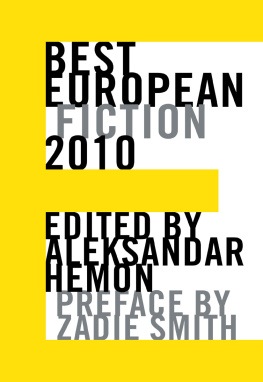
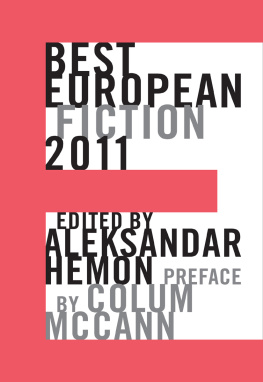
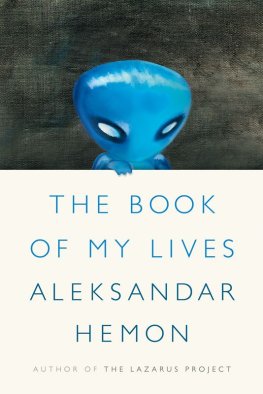
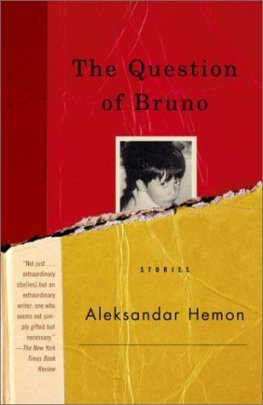
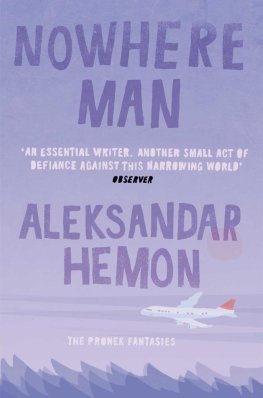
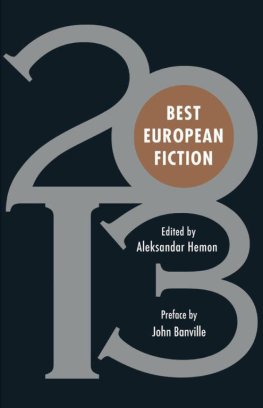
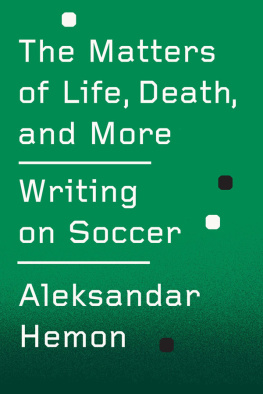
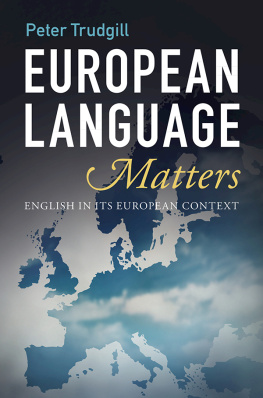

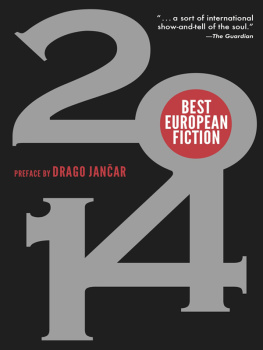
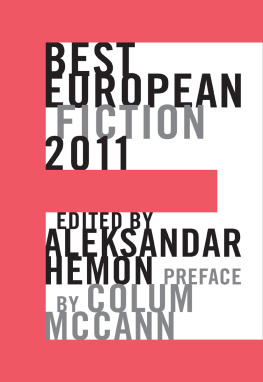
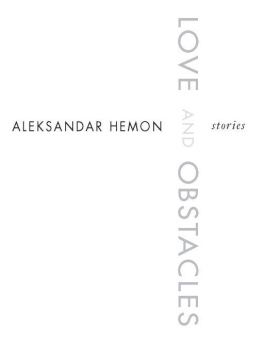


 i
i t
t s (Lithuania) The Allure of the Text, both of which offer mazy structures in which readers may get blissfully lost.
s (Lithuania) The Allure of the Text, both of which offer mazy structures in which readers may get blissfully lost.